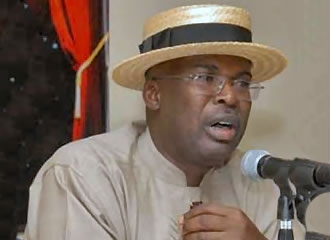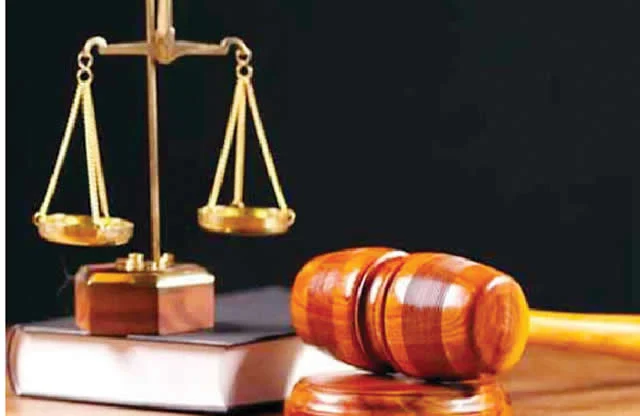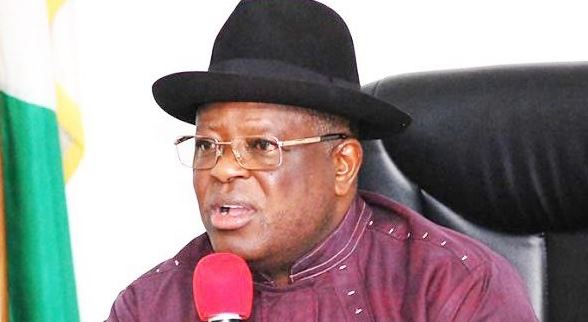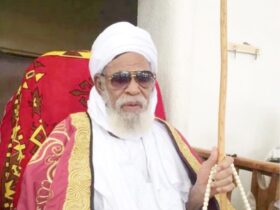A federal high court in Abuja on Monday struck out a fresh charge on money laundering filed against Olisa Metuh, a former national publicity secretary of the Peoples Democratic Party (PDP)by the Economic and Financial Crimes Commission (EFCC).
Justice Emeka Nwite of the federal high court struck it out the charges for being an abuse of court process.
Recalled that EFCC had, in 2016, arraigned Metuh on seven counts charge for allegedly receiving the sum of N400m from the Office of National Security Adviser and charge led to a protracted controversial trail that cumulated in Metuh conviction.
As the trial Court Judge, Justice Okon Abang, on February 25, 2020, convicted and sentenced Metuh to seven years in prison for laundering the sum of N400m through his company account.
Dissatisfied with the court’s decision, Metuh, through his counsel, went on appeal to the Court of Appeal raised 10 issues raised for determination including issue of fair trial.
In it judgment the Court of Appeal upturned the decision of the lower court and remitted the case file to the Chief Judge of the Federal High Court for reassignment to another judge for trial.It ordered his released from prison.
line with the court of appeal order, Metuh’s case file was re-assigned to Emeka Nwite for the defendant to take a fresh plea.
Not satisfied with Court of Appeal verdict the EFCC approached the supreme court to challenging the verdict of the court of appeal.
When the matter came up before Justice Nwite for Metuh re-arraignment on Monday, Metuh’s lawyer, Afam Osigwe SAN, challenged the legal propriety of the new charge against Metuh and urged the court to strike it out.
But the EFCC, through its lawyer, Olanrewaju Adeola, prayed the court to adjourn the case indefinitely pending the outcome of the appeal.
Osigwe, however, asked the court to strike out the fresh charge filed by the EFCC as the matter is before the Supreme Court.
“From issues set out at the supreme court, there is no way the matter will come back to this court,” he said.
“Their application is for the matter to either be returned to the court of appeal or for the matter to be heard by the supreme court.
“The appropriate action is for this court to strike out the matter, while the supreme court decides on the appeal before it.”
Tochukwu Onwugbufor, counsel representing Destra Investment Limited, Metuh’s company, aligned his submissions with Osigwe’s argument.
In his ruling, the judge noted that the EFCC ought not to have filed a fresh charge since its appeal against the appellate court’s decision is still pending at the supreme court.
“It is uncalled for… for the prosecution to bring a fresh charge when the other charge is still pending. The action is in gross abuse of the court process,” the judge said.
“The charge is hereby struck out for constituting an abuse of the court process.”














